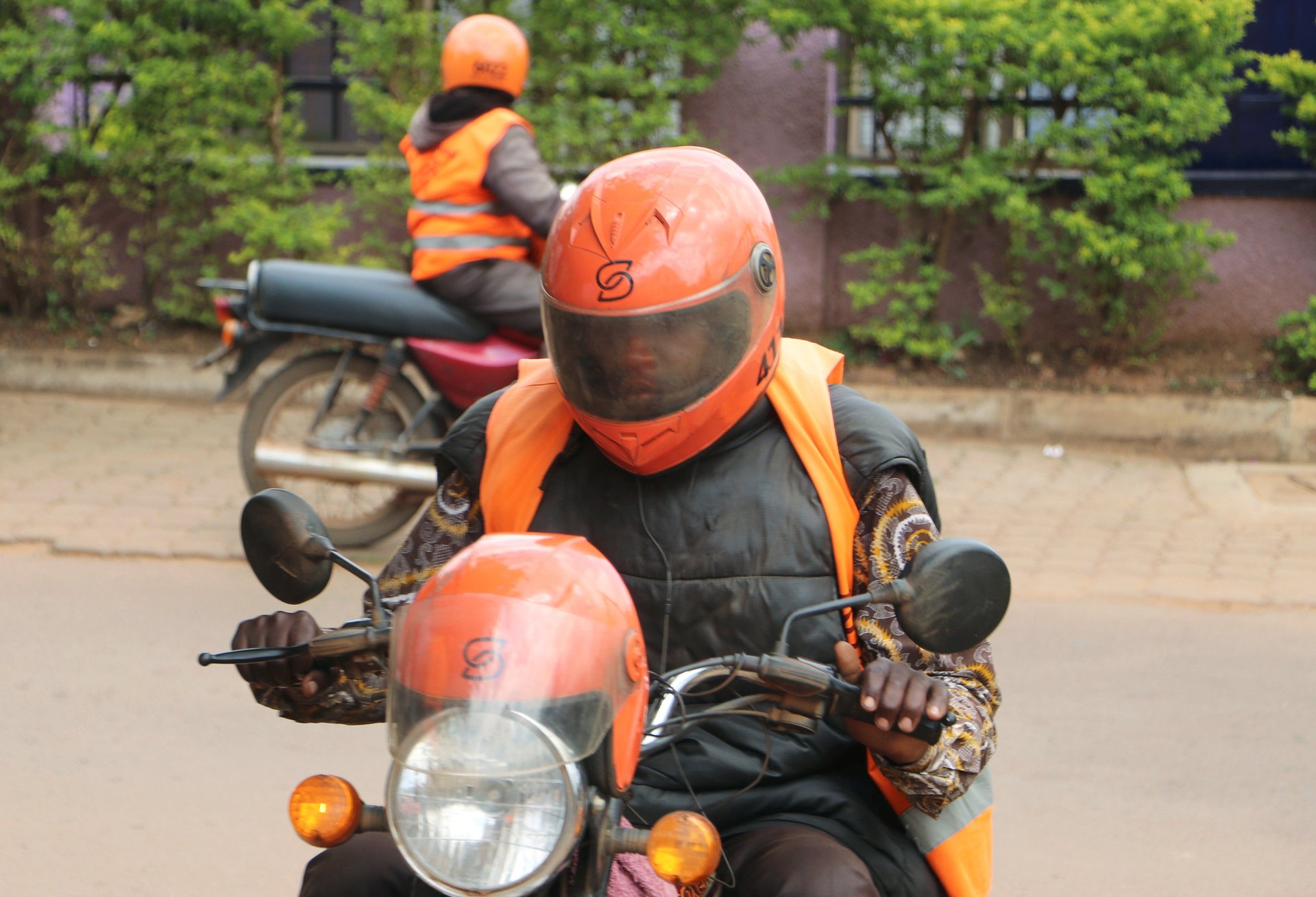Bike-hailing startups in Lagos may soon have to pay thousands of dollars in state fees
Just when bike-hailing startups appeared to be taking off fully in Lagos, Nigeria’s economic hub, they are facing new regulation that may hobble operations.


Just when bike-hailing startups appeared to be taking off fully in Lagos, Nigeria’s economic hub, they are facing new regulation that may hobble operations.
The state government has proposed new regulation, including licensing fees, required for them to operate as part of local transportation infrastructure. Under the proposed regulation, each startup will pay annual licensing fees of 25 million naira ($70,000) per 1,000 bikes and then 30,000 naira ($83) per bike after the first set of 1,000. The startups will also still be expected to pay annual taxes on revenue. Gokada, Oride and Max.ng, three of the major startups in the space, all have over 1,000 riders signed up to their service.
The new licensing fees come after a streak of high-profile funding announcements by bike hailing companies with Gokada raising $5.3 million in a Series A round led by Rise Capital while Max.ng raised $7 million in a round led by Novastar Ventures with participation from Yamaha.
The regulations follow a series of meetings between executives at the biggest ride-hailing startups and the state government since the start of the year. One executive privy to the meetings says the state government has already informed startups it’s averse to having commercial motorcycles for transport in Lagos given its long-term plans as it builds a mega-city. As such, the licensing fees are being seen as a tactic to “frustrate the startups” and raise barrier to entry.
Lagos already has a checkered history with motorcycles having previously banned local bikes (known as okada)from plying nearly 500 highways and bridges across the state. For their part, okadas have a long-running reputation for being reckless and involved in a high spate of accidents. It’s a failing that the new wave of bike-hailing companies have sought to exploit, positioning themselves as safer options and hoping that an emphasis on safety and investment in higher quality bikes would prove enough to sway the state government.
While Lagos has long maintained its plans to build a mega-city that meets global standards, its current transportation infrastructure is plainly lacking, evidenced by infamous hour-long traffic jams which occur daily on poorly maintained roads. For much of the past two decades, motorcycle-based transport has offered residents a method to move around the city more efficiently even if risky.
The licensing fees are also viewed by industry insiders as an example of the multiple levies that small and medium sized business owners often complain about in Lagos. Over the past month, riders with bike-hailing startups have also been hassled by union agents to pay five times the original price of union dues. As one executive put it: “Except government taxes, every other thing is extortion.”